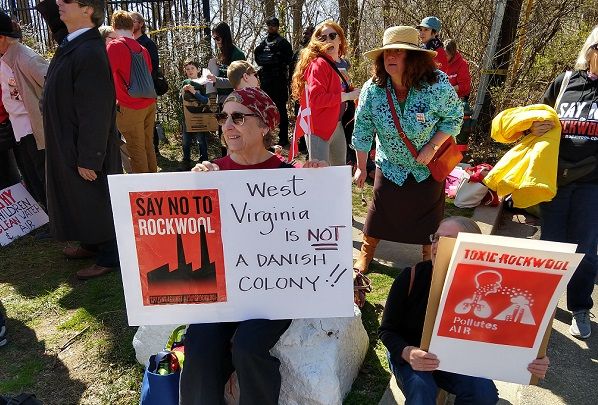Plans by the Danish insulation manufacturer Rockwool to build a factory in Ranson in Jefferson County, West Virginia, have local residents up in arms.
Yesterday saw a number of people gathering to demonstrate outside the Danish embassy in Washington to draw attention to what they see as significant risks to air, water, health and the economy if the plant goes ahead.
READ ALSO: Opposition against Rockwool factory plans in the US
Ranson is a small town of just over 5,000 inhabitants and the factory would be situated across the road from an elementary school as well as being in the vicinity of three other schools, residential neighbourhoods, daycare centres and a hospital catering to veterans.

Coming to Denmark
There have already been a number of local protests against the factory and two shareholders, Tim Ross and Rod Snyder, are travelling to Denmark in April to attend the company’s AGM and to present an environmentally-minded resolution to the meeting, reports DC Media Group.
The resolution calls for Rockwool to prepare an assessment “above and beyond existing disclosures and those required by law” of the impact of the siting of its manufacturing facilities and of the usage and discharge of water in manufacturing.
Not so green after all
The protesters feel that Rockwool is not living up to its own guidelines on sustainability and green production methods as the production process uses coal and natural gas to fire the furnace, emitting an estimated 156 tonnes of pollutants per year.
“I submitted the proposal because I think Rockwool can become a better company by accepting the resolution, and I think that all shareholders should be better informed,” said Ross.
Nothing wrong, Rockwool says
According to the DC Media Group, the company has dismissed the protests and asserts that it does adequately disclose relevant risks and material impacts as well as respecting all the existing regulations concerning the building and siting of new factories.
It also denies there are any problems with waste-water discharges from the production process into waterways or the ground at any of the company’s manufacturing facilities.















